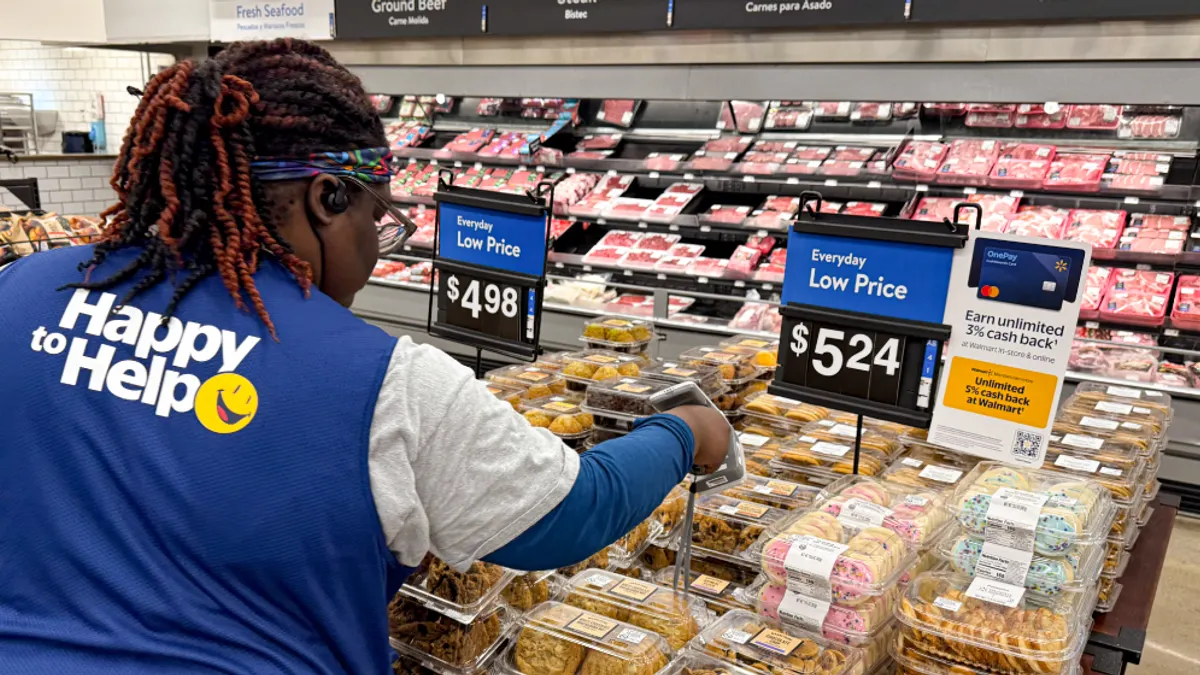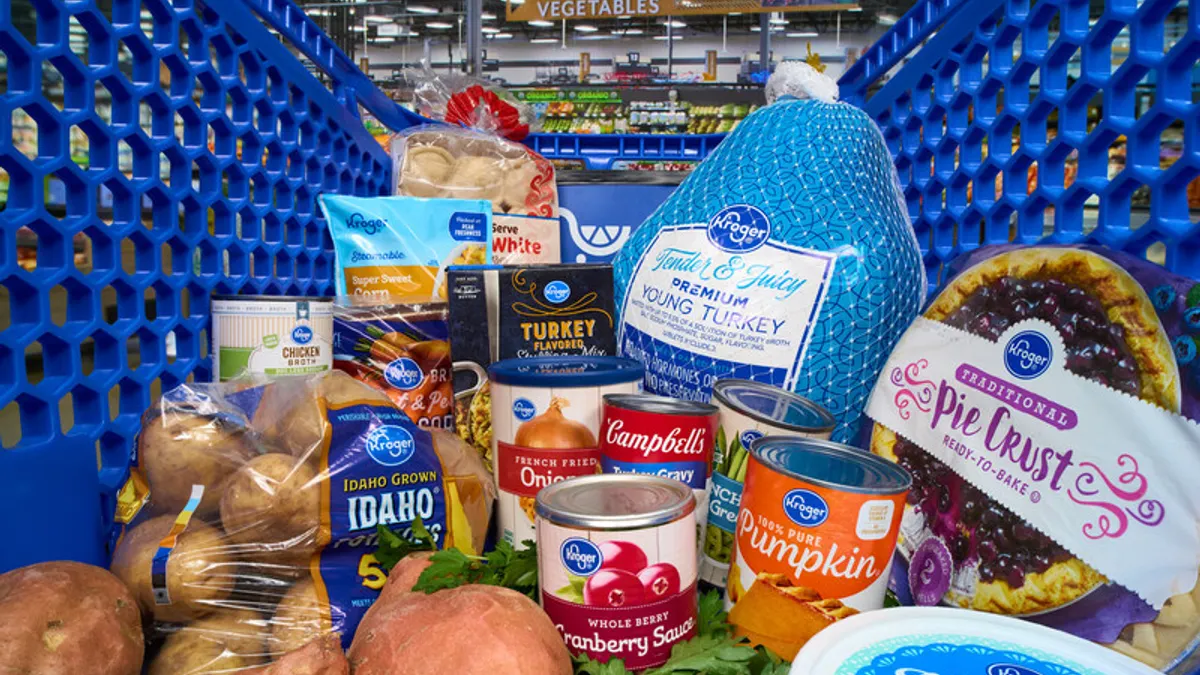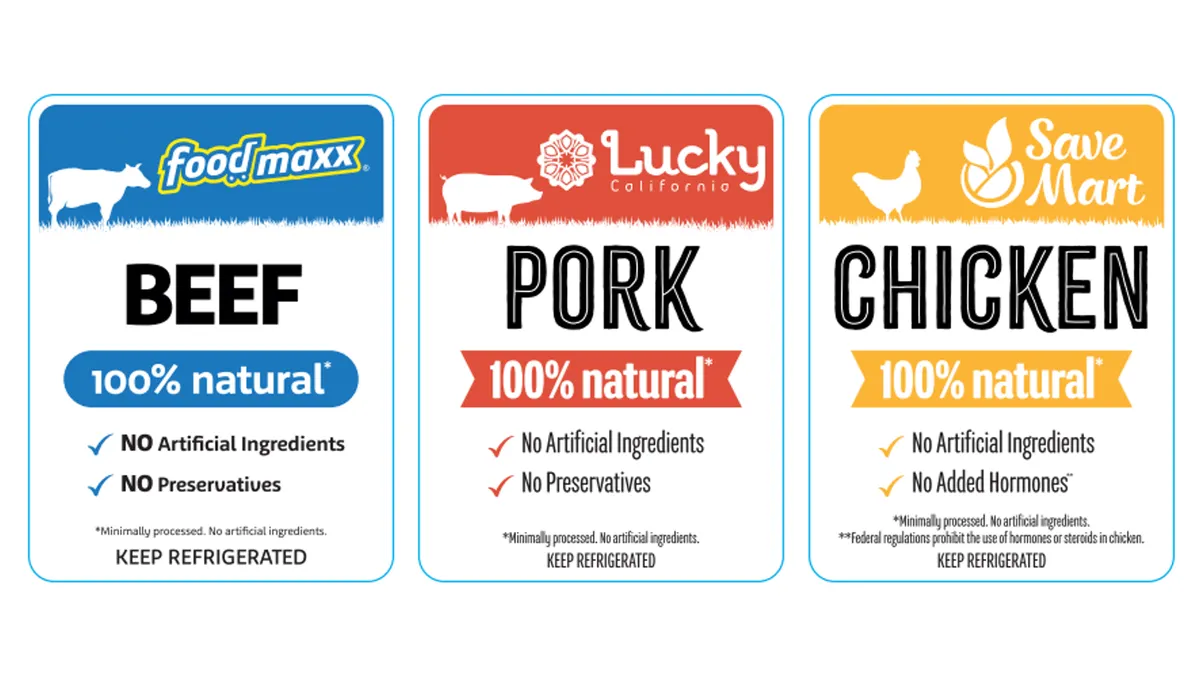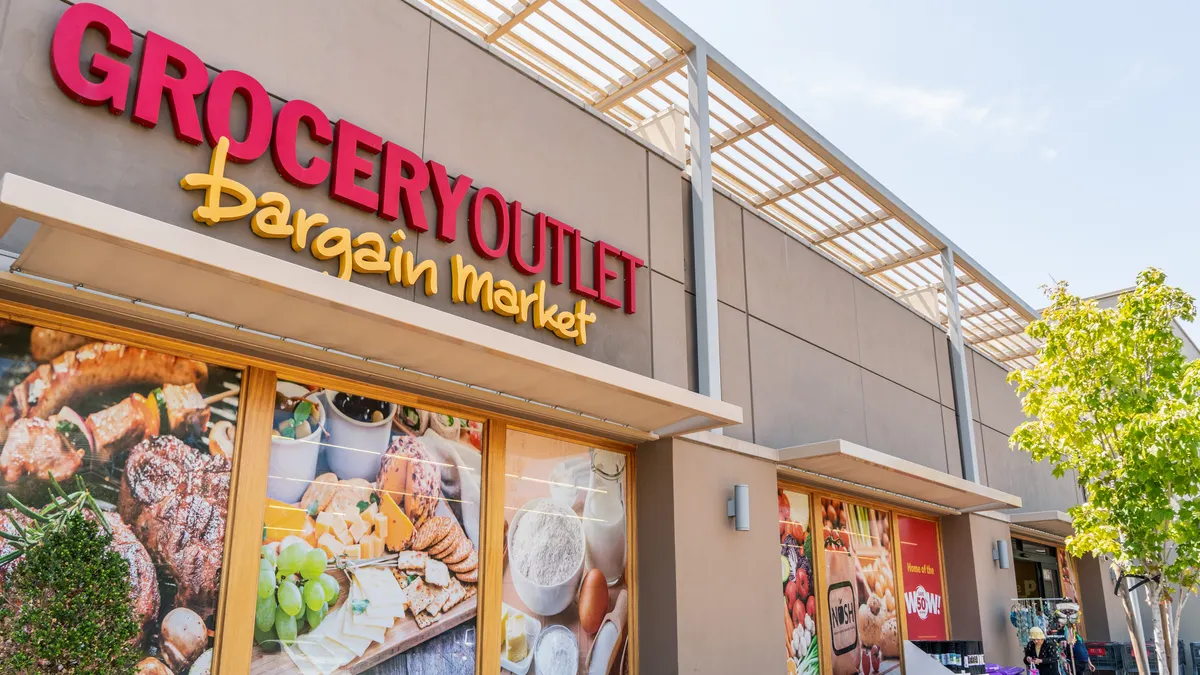"On Special" is a monthly look at top store categories and the retailers that specialize in them.
How can an established gourmet retailer stay above the fray of discounters, conventional stores and supercenters muscling in on its turf?
For Kings Food Markets, one answer is to have a meat selection that's a cut above. The 25-store chain, which operates the majority of its stores in New Jersey, always tries to have at least a few items in the case that raise customers’ eyebrows, said Paul Greenblatt, who oversees the department at Kings.
Customers can drop in on any given day to find Wagyu beef, coulotte steaks and petite strip roasts. They can also find sausages from trendy Manhattan shop J&E SmallGoods, chicken pot pies from Princeton's Griggstown Quail Farm and locally raised carne asada beef.
This all makes Kings a destination for adventurous grillers. But the chain also makes sure to stock the staples, from packaged ground beef to strip steaks, in order to appeal to everyday customers.
“Everyone has ground beef and pot roast and chicken breast," Greenblatt said. "We always make sure we have those but also the interesting items or items that aren’t being merchandised in other places.”
Greenblatt and his team of butchers have a few other tricks up their sleeve to keep customers stopping by King’s meat and poultry department.
 What’s trending?
What’s trending?
Greenblatt tries to source locally whenever possible, and then tell the suppliers’ stories through in-store signage, shelf stickers and other modes.
Grass-fed beef is also in high demand at Kings. Because “grass-fed” is a loosely regulated term, the retailer and its suppliers go out of their way to show customers they adhere to the highest ideal of the term. Thousand Hills, a Minnesotta-based supplier, promotes its grass-fed beef with taglines like “Lifetime Grazed” and “All Grass. All the Time” in order to differentiate from competitors that might finish animals on grain or keep them off pasture.
 Best-sellers
Best-sellers
Bell & Evans is a top brand at Kings, and Greenblatt says he stocks the company’s full fresh assortment, from skinless breasts to spatchcock chicken.
Kings has also seen high demand for Wagyu beef. Over the holidays, Greenblatt brought in selections from New Zealand brand First Light and promoted it through social media, email and in-store tastings. The line “just about sold out by New Year’s” Greenblatt said. He’s now looking to bring First Light’s Wagyu products in full-time.
Doing demos
Kings has long offered tastings and demos in its meat departments. But over the past year, Greenblatt said he’s taken “a much more strategic and structured” approach to running the in-store events. When First Light’s Wagyu line came to stores, Kings ran tastings at 16 locations throughout the holiday season. It hyped the events in stores and via email, Greenblatt said.
Hosting these events draws curious customers and fills the department with delicious aromas, Greenblatt noted. It also introduces people to the unique selections Kings likes to stock. Only by tasting the Wagyu beef could customers discover its “sweet, nutty, earthy flavor,” he said.
Service even without full-service
Kings operates just two full-service meat departments. The rest are self-service. But Greenblatt still emphasizes customer engagement with his butchers, meat wrappers and floor stocking staff.
“They’re not pushy, but they’re always looking for those customers that look like they need help,” he said.
To keep workers in the know, Greenblatt types up dossiers on every new product and sends them around. He also makes sure meat managers get free samples of the steaks, chicken and other items they’re selling so they can talk about the cooking and eating experience.
Chef knows best
Greenblatt graduated from the Culinary Institute of America and spent several years working in restaurants before transitioning to the better working hours of a grocery job. He said he still uses his culinary training when selecting products and crafting merchandising around recipes and side items.
He also maintains contacts in the restaurant business that keep him up on the latest flavor trends.
“A lamb shank is just a lamb shank, but there are ways you can merchandise it to make it even more appealing based on what you know a restaurant is doing,” Greenblatt said.
Workers that are a cut above
Retailers across the country are struggling to find and retain butchers and other meat professionals. Greenblatt said Kings has been able to keep its experienced employees from moving over to competitors. The key, he said, is a strong and clearly defined culture that recognizes workers’ achievements and ideas.
“If meat managers have a great idea, I want to make it an action item and the first thing I’ll do is give them credit for it,” Greenblatt said. “That really goes a long way.”
“Everybody’s customers are everybody’s customers”
Lidl and Aldi are both expanding in the Garden State, making it one of the toughtest grocery battlegrounds in the U.S. Greenblatt estimated every King’s store has between 10 and 15 direct competitors in its market. He also noted online competitors like Crowd Cow and Butcherbox that are competing for the same higher-end meat consumer.
“Just about everybody is a crossover shopper because everyone’s execution and merchandising has increased dramatically,” Greenblatt said. “I think that everybody’s customers are everybody’s customers.


















